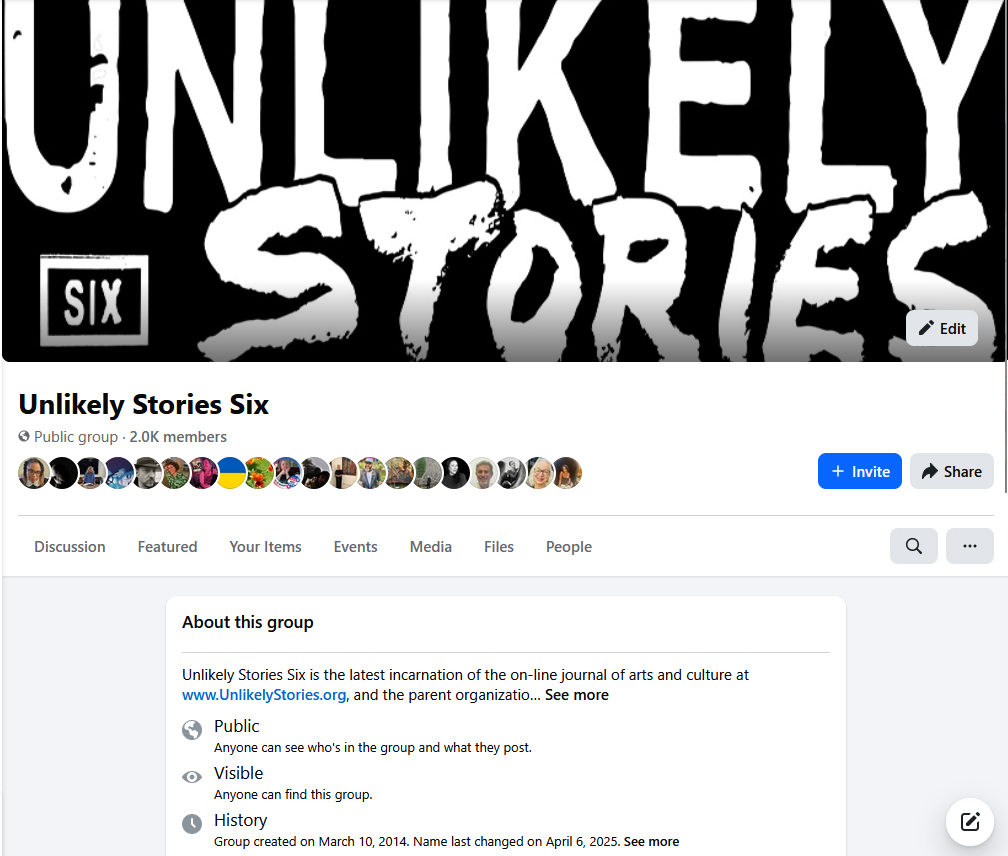a counterapology to Stay: A History of Suicide and the Philosophies Against It by Jennifer Michael Hecht
Of course, an exploration of my 2014 anger is of limited use in understanding the book, so we’ll move on now. Once we clear the Preface, the book is primarily the history text that it purports to be. It is a friendly and accessible historical overview, beginning with Roman lore and the suicide of Lucretia. This post-rape act, which was seen as honorable, inspired Roman independence. The book goes on to explore antique conceptions of suicide, before the West began to widely believe in an afterlife. It talks about the difference between honorable suicide and despair suicide, and how they were perceived.
As the West began to believe in an afterlife, the powers that be increasingly feared that people would enthusiastically commit suicide in hopes of leaving this miserable world for a better one. So they increasingly condemned it. Finding condemnation insufficient, they began increasingly obscene deterrents. By the middle ages, the bodies of suicides were posthumously tortured, and the filial survivors of suicide were punished in a variety of ways, not least through seizure of the deceased’s estate. Hecht points out the depravity of such punishments, while acknowledging (reluctantly?) that they may have been effective. Although she is a staunch and rather famed atheist, she bemoans how the weakening of the Church and the gradually disappearing belief in an afterlife has allowed for pro-suicide philosophies and philosophical writers. The primary purpose of the book is to find secular authors who reject and condemn suicide. Towards that end, she has collected a fascinating collection of quotes and ideas from Shakespeare onward.





Comments
Tobey Hiller (not verified)
JoaniJoaniJoani... (not verified)
Regina Rheda (not verified)
Add comment